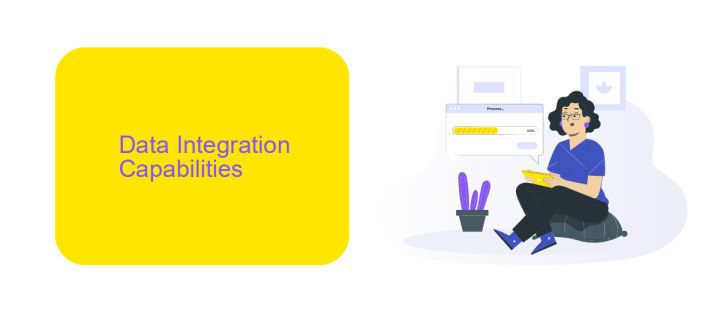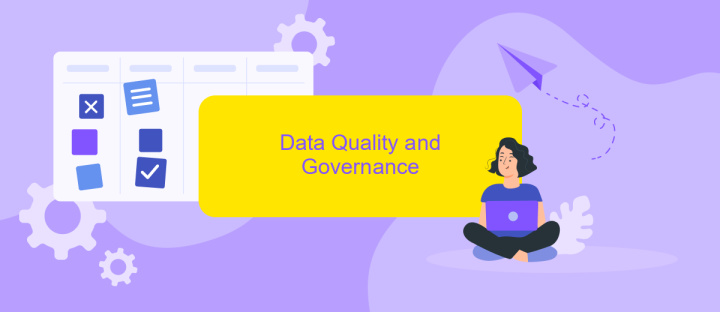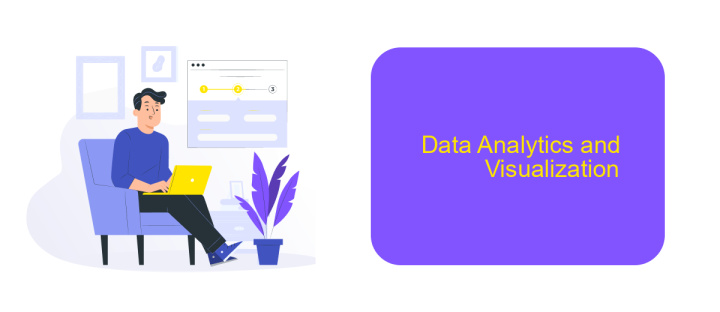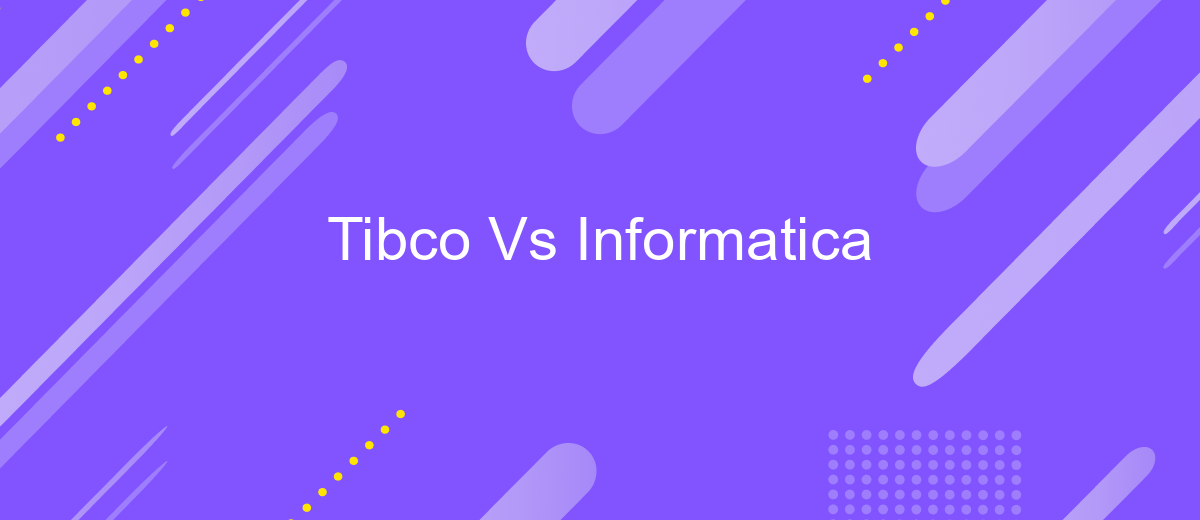Tibco Vs Informatica
In the ever-evolving landscape of data management and integration, choosing the right tools is crucial for business success. Tibco and Informatica are two leading platforms that offer robust solutions for data integration, analytics, and management. This article aims to compare Tibco and Informatica, highlighting their key features, strengths, and potential drawbacks to help organizations make an informed decision.
Introduction
In today's data-driven world, effective data integration and management are crucial for businesses to thrive. Two prominent tools in this domain are Tibco and Informatica. Both offer robust solutions for data integration, but they come with their own unique features and capabilities.
- Tibco: Known for its real-time data integration and analytics capabilities.
- Informatica: Renowned for its comprehensive data management and cloud integration solutions.
- ApiX-Drive: A versatile service that simplifies the setup of integrations across various platforms.
Choosing between Tibco and Informatica depends on specific business needs, such as real-time data processing or extensive cloud integration. Additionally, tools like ApiX-Drive can complement these platforms by offering easy and efficient integration setups, ensuring seamless data flow across different systems. Understanding the strengths of each tool can help businesses make informed decisions for their data integration strategies.
Data Integration Capabilities

Tibco and Informatica both offer robust data integration capabilities, catering to diverse business needs. Tibco's integration platform excels in real-time data processing, providing seamless connectivity across various applications and data sources. It supports a wide range of protocols and formats, ensuring that data flows smoothly between systems. Tibco's intuitive interface and powerful tools enable users to design, deploy, and manage data integration processes with minimal effort, making it a preferred choice for organizations looking to streamline their data workflows.
Informatica, on the other hand, is renowned for its comprehensive data management solutions. Its integration capabilities are built to handle complex data environments, offering advanced features like data quality, data governance, and master data management. Informatica's platform is highly scalable, supporting large volumes of data and ensuring high performance. Additionally, services like ApiX-Drive can be utilized to further enhance integration processes, providing automated workflows and real-time data synchronization between applications. This makes Informatica a powerful option for enterprises aiming for robust and scalable data integration solutions.
Data Quality and Governance

Data quality and governance are crucial aspects to consider when comparing Tibco and Informatica. Both platforms offer robust solutions to ensure data integrity and compliance, but they approach these tasks differently.
- Tibco: Tibco provides comprehensive data quality tools that include data profiling, validation, and enrichment. Its governance framework ensures data lineage and compliance with industry standards.
- Informatica: Informatica excels in data quality with its advanced cleansing, matching, and monitoring capabilities. Its governance features include metadata management and policy enforcement to maintain data accuracy and reliability.
For businesses looking to streamline their data integration processes, services like ApiX-Drive can be invaluable. ApiX-Drive offers seamless integration solutions that can complement both Tibco and Informatica, enhancing their data quality and governance capabilities. By automating data flows and ensuring consistent data standards, ApiX-Drive helps organizations maintain high-quality data across all their systems.
Data Analytics and Visualization

When comparing Tibco and Informatica in the realm of data analytics and visualization, both platforms offer robust tools to transform raw data into meaningful insights. Tibco's Spotfire provides an intuitive interface with advanced analytics capabilities, allowing users to create interactive dashboards and visualizations effortlessly.
Informatica, on the other hand, integrates seamlessly with various data sources to offer comprehensive data management and analytics solutions. Its Intelligent Data Platform leverages AI to enhance data quality and provide deeper insights through sophisticated visualizations.
- Advanced analytics capabilities
- Interactive dashboards
- AI-driven insights
- Seamless data integration
For businesses looking to streamline their data integration processes, services like ApiX-Drive can be invaluable. ApiX-Drive simplifies the integration of various platforms, ensuring that data flows smoothly between systems. This facilitates more efficient data analytics and visualization, enabling companies to make informed decisions faster.
Pricing and Licensing
When it comes to pricing and licensing, Tibco and Informatica offer distinct models tailored to various business needs. Tibco typically provides a subscription-based pricing model, which can be more predictable and easier to budget for. This model often includes different tiers based on the features and scale of deployment, allowing businesses to choose a plan that fits their requirements. Additionally, Tibco offers perpetual licensing options for those who prefer a one-time investment, giving flexibility in how organizations manage their software expenses.
Informatica, on the other hand, generally follows a more traditional licensing approach, with options for both subscription and perpetual licenses. Informatica's pricing can vary significantly based on the specific products and services required, as well as the scale of deployment. Both Tibco and Informatica offer comprehensive support and maintenance packages, ensuring that clients receive the necessary assistance for their integration needs. For businesses looking for additional integration solutions, ApiX-Drive can be a valuable tool, offering seamless integration capabilities across various platforms, which can complement the offerings from both Tibco and Informatica.
FAQ
What are the primary differences between Tibco and Informatica?
Which tool is better for real-time data integration?
How do Tibco and Informatica handle scalability?
Can Tibco and Informatica integrate with cloud services?
What are the options for implementing automation and integration with these tools?
Apix-Drive will help optimize business processes, save you from a lot of routine tasks and unnecessary costs for automation, attracting additional specialists. Try setting up a free test connection with ApiX-Drive and see for yourself. Now you have to think about where to invest the freed time and money!

